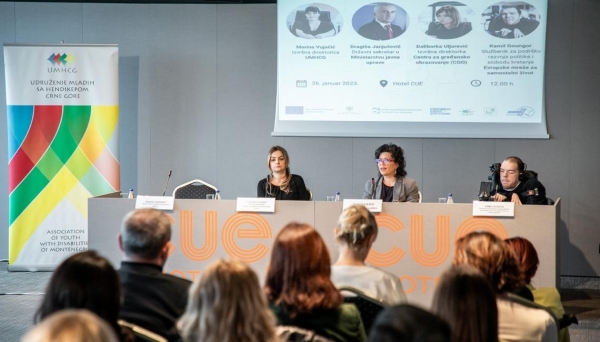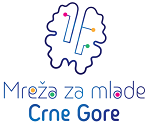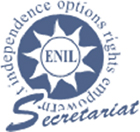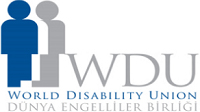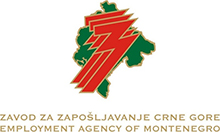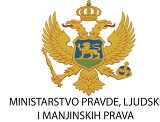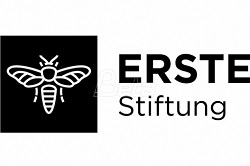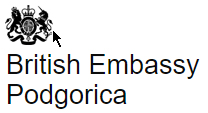PWD organizations in an unequal position with other non-governmental organizations
Podgorica, PR Press Service – State authorities avoid their obligations towards persons with disabilities (PWDs), including the topic of representativeness of organizations of PWDs who are in an unequal position, especially when it comes to their financial survival, it was assessed at the Forum on PWDS Rights organized by the Association of Youth with Disabilities of Montenegro (AYDM).
Executive Director of AYDM Marina Vujačić said that state authorities are avoiding their obligations towards persons with disabilities, including the topic of representativeness of organizations, which is defined by the UN Convention on the Rights of Persons with Disabilities.
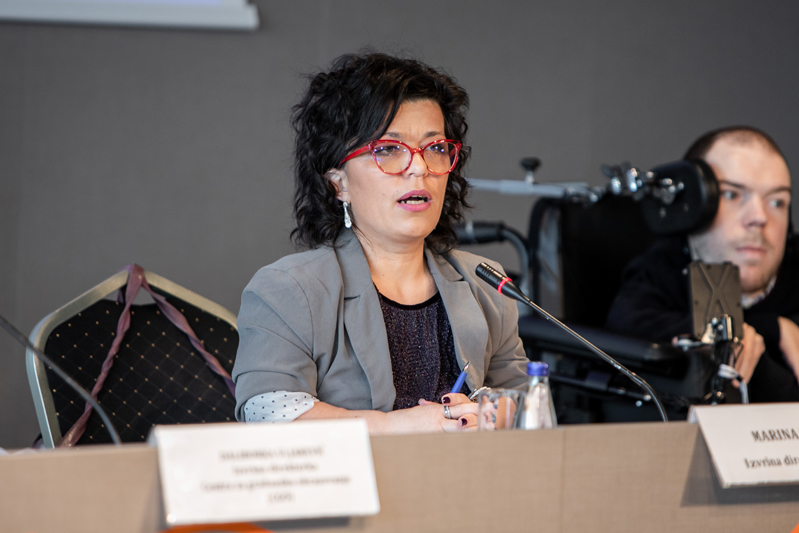
„There are clear guidelines on what all states should do in order to legally define the representativeness of PWD organizations and thus make a difference between them and civil society organizations,“ said Vujačić.
According to her, the AYDM has been talking about representativeness for years, but without „essential understanding of the importance of this topic“.
„In Montenegro, it is believed that we are looking for a privileged position for PWDs, but only because people do not have enough information and knowledge, why PWD organizations are in an unequal position, especially when it comes to their financial survival“, Vujačić pointed out.
As she added, organizations for PWDs often do not have equal capacities with other organizations and cannot be competitive, especially not in a society where they are financed through projects.
„The Law on NGOs defines the state’s obligation to finance their projects and programs. However, Montenegro did not understand this as an important issue in order to provide essential support to the work of NGOs“, noted Vujačić.
According to her, the 41st Government of Montenegro chose the Council for the the Rights of PWDs, in which a representative of the NGO sector was appointed „who, even if he does not publicly declare himself as a PWD, is not from an organization of PWDs, nor did that organization have enough experience, neither did he“.
„That body didn’t function properly and I don’t think it’s a pity either. The demands of my colleagues, who were elected to the Council, were that they do not want to participate in its work while the Government applies the Convention in a different way,“ said Vujačić.
She recalled that the 42nd Government had published a list of candidates in which all proposals were complied with, but the body was still not established.
„We still don’t have it, although we constantly hear criticism from international organizations and the European Commission“, said Vujačić.
The Executive Director of the Center for Civic Education Daliborka Uljarević said that the NGO sector in Montenegro has long assumed a key role in protecting the rights of marginalized groups.
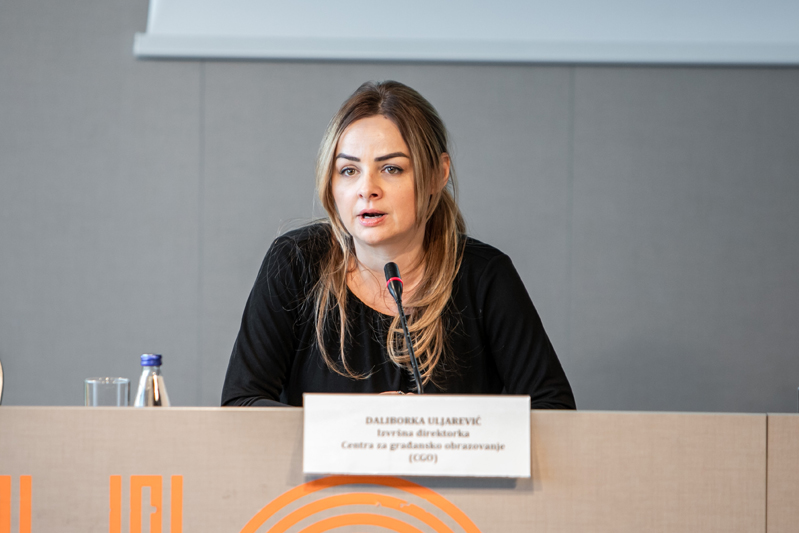
„But, and what is certainly a cause for concern is that this void in terms of the absence and work of competent institutions remains a fact even today,“ Uljarević assessed.
As she pointed out, everyone is aware that the full realization of the rights of PWDs depends on the attitudes that citizens have towards them.
„I would also like to emphasize that employment is key in achieving the independence of PWDs and independent living, for which financial independence is a prerequisite,“ said Uljarević.
He says that everyone should be aware that it is necessary to invest a lot of effort in advocating for good solutions with the competent institutions.
„It’s exhausting and painstaking, but it’s worth it if the life of even one person can be improved that way. In that process, we should be united as a civil sector, because we can achieve much more together and if we put pressure on the competent authorities from several points,“ concluded Uljarević.
Policy and Movement Support Officer of European Network on Independent Living Kamil Goungor, said that the fact is that in Montenegro there are similar problems as in other European countries, when it comes to the rights of PWDs.
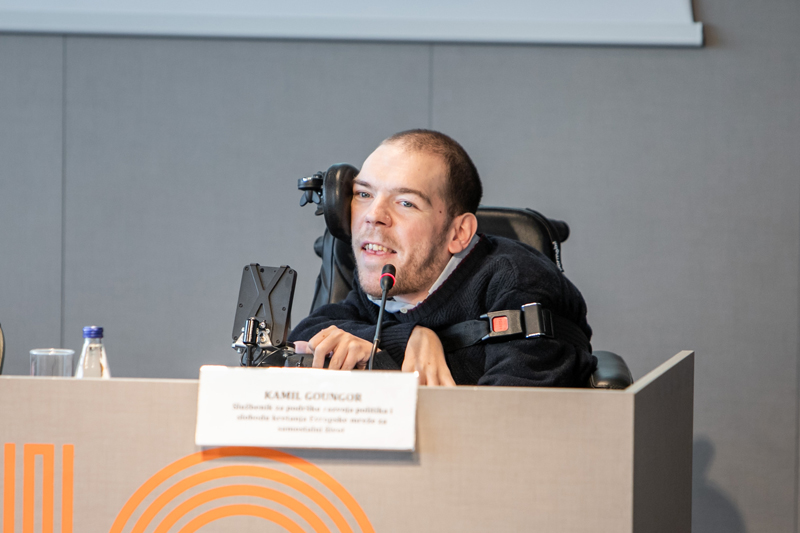
„What everyone needs to understand is that we are only asking for human rights, not special rights. We demand the rights that belong to everyone,“ said Goungor.
As he assessed, this Forum is important, not only for Montenegro, but for the entire region.
„I am glad to be able to state that a lot of effort and work is being done in the region on the laws that regulate the rights of PWDs,“ said Goungor.
When it comes to the inclusion of PWD organizations, he believes that everyone’s involvement is necessary in order to bring about some of the desired changes.
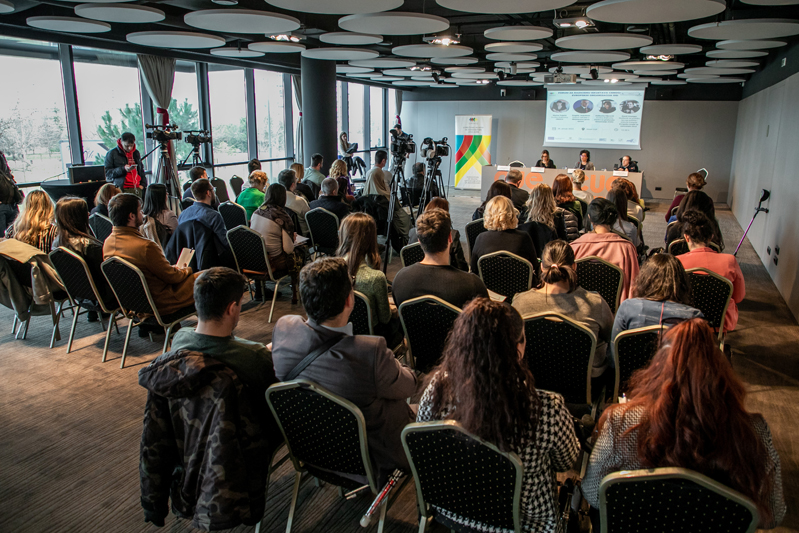
The Forum is organized as part of the program of CSOs in Montenegro – from basic services to policy formulation – M’BASE, which is implemented by the Center for Civic Education (CGO) in partnership with the German Friedrich Ebert Foundation (FES), the NGO Center for the Protection and Study of Birds of Montenegro (CZIP) and the NGO Politikon network. The project is financed by the European Union and co-financed by the Ministry of Public Administration of Montenegro.



More news
- The Employment Agency of Montenegro continues to undermine the field of professional rehabilitation and employment of persons with disabilities through illegal actions
- THE AYDM CONDUCTED A RESEARCH ON THE ASSESSMENT OF COMPETENCIES AND EXISTING KNOWLEDGE OF PERSONS WITH PHYSICAL DISABILITIES IN THE FIELD OF DIGITAL MARKETING IN MONTENEGRO
- Portal Disability info i aktuelnosti
- AYDM ARE IMPLEMENTATING THE PROJECT DIGITAL MARKETING CAPACITY BUILDING - EMPOWERING PERSONS WITH PHYSICAL DISABILITIES FOR REMOTE WORK
- European Day on Independent Living marked in Montenegro: Right on Independent Living as Right to Freedom and Choice











